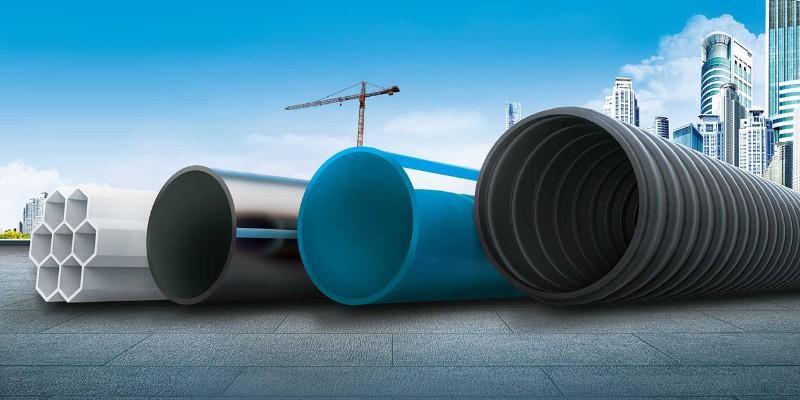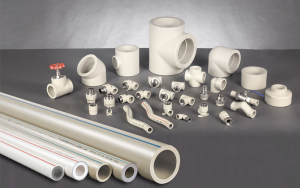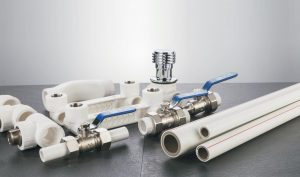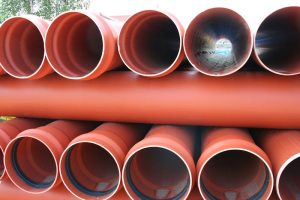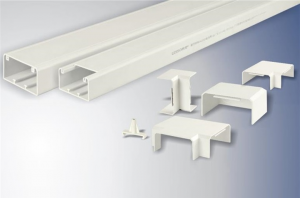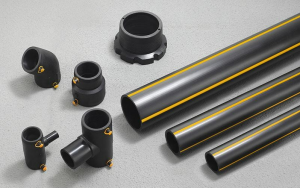Table of Contents
There are two categories of plumbing services that customers may require, which include commercial and domestic plumbing. Even though every plumber is tasked with unclogging toilets, fixing leaks, and repairing burst pipes, plumbing systems in commercial buildings are much more complex than the ones present in residential properties. In this guide, you’ll discover how these two types of plumbing differ.
Defining Domestic Plumbing
Domestic plumbing involves all types of plumbing services that occur in residential homes, which include everything from water heaters and drinking water lines to sewer and drain lines. Plumbers who primarily work in residential homes can repair, install, or maintain any plumbing system or component that’s found in a home. The types of services that fall under this plumbing category include the following:
- Water heater installation, repair, and maintenance
- Toilet repairs
- Pipe leak repairs
- Garbage disposal repair or replacement
- Drain cleaning
- Sewer main repair or installation
- Gas piping
Exploring Commercial Plumbing
Commercial plumbing involves large-scale projects that apply to a wide range of different commercial buildings. These projects can include pipe installations and repairs. This form of plumbing takes place in larger buildings, such as hotels and restaurants. In fact, the majority of public structures require commercial plumbing services.
When a toilet becomes clogged or a water heater stops working in an office building, a commercial plumber will perform the necessary fixes. The same is true when equipment malfunctions in a restaurant. A malfunctioning plumbing system can cause serious problems during meal preparation.
If water is no longer being supplied to the restaurant, it’s impossible to rinse off vegetables and fruits, which means that most restaurants would be unable to function until repairs are made. Even though commercial projects can be smaller scale in nature, they often involve more complex systems, which is why commercial plumbers are required.
Keep in mind that this form of plumbing also applies to apartments. When a multifamily building experiences widespread flood damage or water leaks, commercial plumbers are called in to make sure that the same issues don’t impact the whole complex.
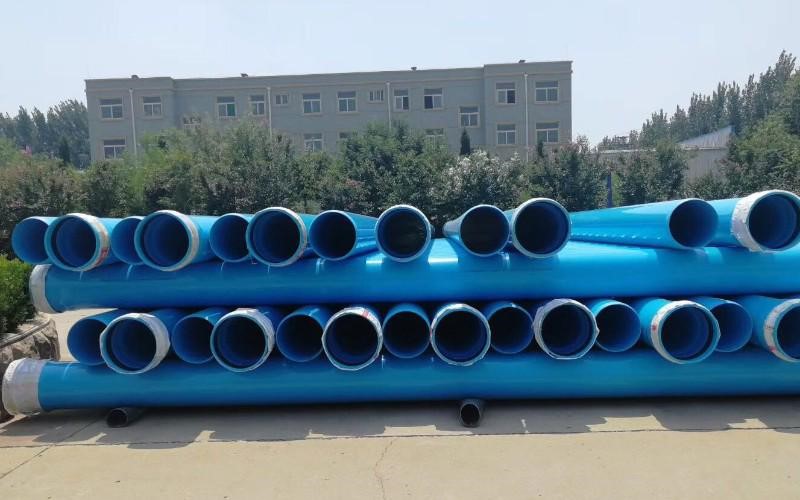

Key Differences Between Domestic and Commercial Plumbing
There are many clear differences between commercial and domestic plumbing, the primary of which is that these types of plumbing apply to different building types.
Size of Plumbing System
When it comes to commercial systems, larger fixtures must be used. These fixtures need to come with a high grading and long durability, which should reduce the number of malfunctions that occur from pressure and strain.
When it comes to residential systems, they are often smaller and use low-grade fixtures. Since these plumbing systems aren’t used as frequently, they don’t require more expensive solutions.
Complexity
It’s common for commercial buildings to have numerous sinks and toilets across multiple floors. In comparison, most residential homes have simple layouts that don’t take much time to navigate. Commercial plumbers must know how to get through a larger building structure and perform repairs efficiently.
Possibility of Damage
Even though commercial systems use high-grade components, they are more likely to become damaged in comparison to the less complex plumbing systems found in residential households. If a domestic plumbing system is damaged, the repairs shouldn’t take that long. On the other hand, water damage in a commercial building can lead to highly expensive repairs that take days to implement.
Qualification Requirements
Plumbers who work in commercial buildings need to know how to operate within strict timelines. Any downtime at a business can cause substantial revenue loss, which is why delays to repairs or installations aren’t as feasible as they are when working with residential units.
Water Heater Differences
Commercial water heaters consist of vast storage tanks and numerous gas input levels because of how many people require hot water. The requirements in a residential home are considerably lower. A water heater tank in a commercial unit may hold as much as 250 gallons of water. Residential tanks often hold 100 gallons or less.
Drainage Services
Draining a residential plumbing system is straightforward in comparison to working on a commercial one. For example, commercial buildings with multiple levels can have snaking drain lines that travel over every floor.
Treating clogs or other issues in these lines can be time-consuming and complicated. In a residential home, plumbers don’t have much difficulty identifying the source of a drainage problem and providing the necessary fix.
Work Scope
Despite the complexities that commercial plumbers must contend with, their everyday tasks are often highly repetitive. Commercial plumbers may need to repair and maintain the same system on a weekly basis. In comparison, residential plumbing problems are usually more varied.
It’s common for a residential plumber to work for eight hours each day unless there’s an emergency. On the other hand, commercial plumbers can work at any time. They may also be asked to work on holidays or weekends depending on the severity of the issue.
Health Problems
Restaurants and other commercial buildings have strict laws that they must adhere to in order to satisfy the government and customers. It’s easier to manage plumbing systems in residential homes since not many people live there. A commercial plumbing system must be paired with plumbing fixtures that can be drained and cleaned quickly.
Usage of Plumbing System
Commercial buildings have a far higher daily plumbing usage when compared to residential buildings. Most households have around two to six occupants, which means that fewer outlets and pipe fittings are needed.
Conclusion: The Importance of Expertise in Plumbing
There are many differences between commercial and domestic plumbing systems, which is why it’s important that the plumbers who work on these systems have the expertise and skills necessary to repair and maintain them.
Regardless of the type of system you’re working with, you should also use high-quality materials to ensure you administer long-lasting solutions.
Here at LESSO, we’re committed to providing expert plumbing solutions tailored to both residential and commercial needs. We offer high-quality pipes and pipe fittings that suit any application. Get in touch with us today to learn more about the plumbing components we offer.
FAQs about Plumbing
While some materials overlap, commercial plumbing often requires more durable solutions.
Yes, commercial plumbing typically faces stricter regulations due to its complexity and usage.
High-rise buildings have unique challenges like maintaining water pressure and vertical drainage.
Recommend Reading


Effective Ways to Maintain Your Home’s Plumbing System
Table of Contents The plumbing system is one of the most important aspects of your home that requires regular maintenance. Without regular maintenance, you risk


How to Choose the Suitable Pipes for House Plumbing
Table of Contents One of the most significant factors that will affect your house’s overall quality is its plumbing. This means that it isn’t enough


